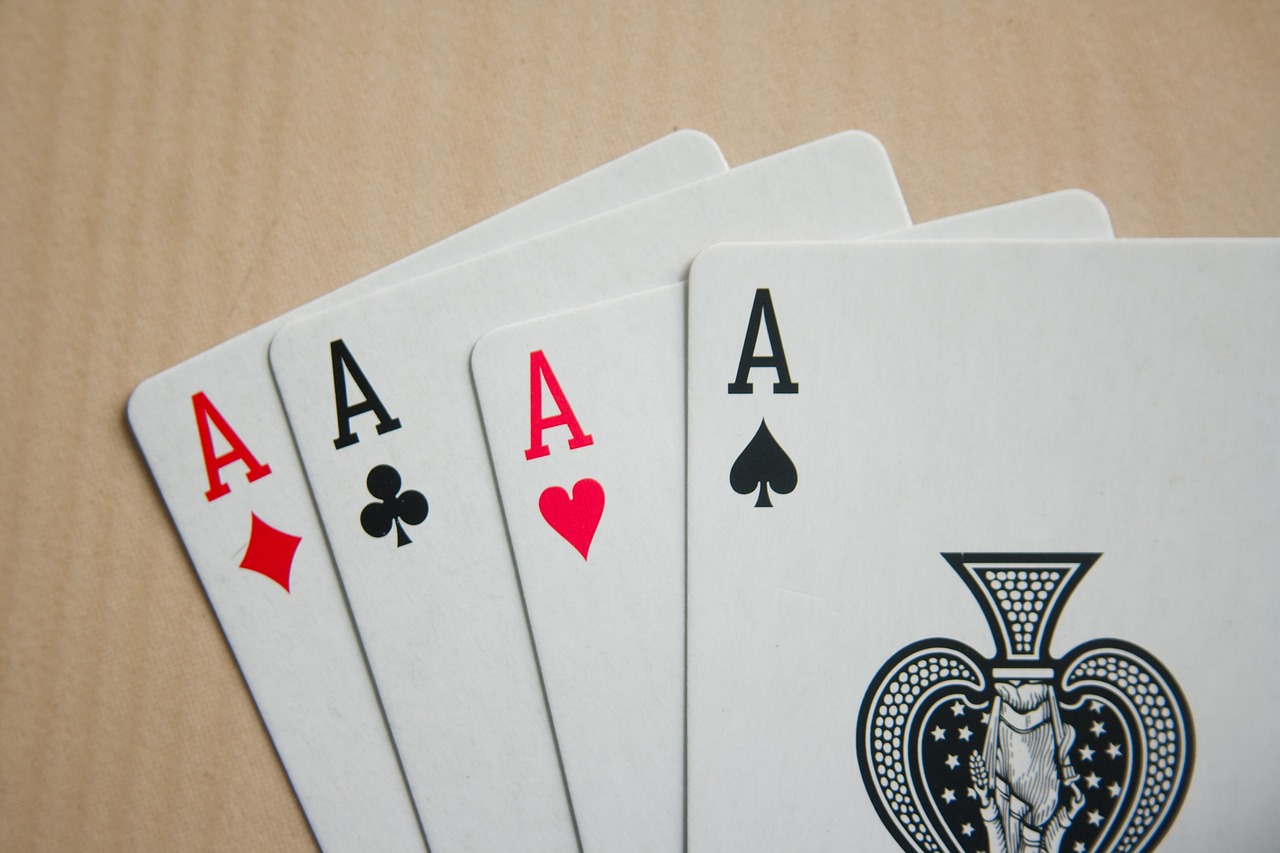Lottery Origins: Unveiling the First Games of Chance

Lotteries have captured the imagination of people around the world for centuries. The thrill of the draw, the possibility of winning a life-changing sum of money, and the hope of fulfilling dreams have made lotteries a popular form of entertainment. But have you ever wondered where it all began? In this blog post, we’ll dive into history to uncover the origins of lotteries and explore how they have evolved over time.
Ancient Origins
The origins of lotteries can be traced back to ancient civilizations, where they served purposes beyond mere entertainment. One of the earliest recorded instances of a lottery-like game dates back to 205 BC in ancient China during the Han Dynasty. Known as the “White Pigeon Game,” it was devised to finance significant government projects, including the construction of the Great Wall.
In the Roman Empire, lotteries took place during extravagant dinner gatherings. Often serving as a source of entertainment. Attendees would select tickets from a container, and those who were lucky enough to win would be rewarded with valuable items. Such as trinkets or even enslaved individuals. These lotteries were regarded as a method of wealth distribution and the preservation of societal harmony.
Medieval Europe and Renaissance
Lotteries gained further popularity in medieval Europe, particularly in Italy and the Low Countries. The first official lottery on record was organized in the Flemish city of Bruges in 1446 to raise funds for the town’s fortifications. Other European cities quickly followed suit, using lotteries to finance public works projects, such as bridges, roads, and canals.
Lotteries became a favored method for European monarchs to fund their endeavors,in the 16th century. Queen Elizabeth I of England authorized a lottery to generate funds for the “reparation of the havens and strength of the Realme.” While King Francis I of France organized lotteries to support the construction of prestigious palaces, including the Louvre.
Lotteries and the New World
Lotteries played a significant role in the early development of the American colonies. In 1612, King James I granted the Virginia Company permission to hold a lottery, raising funds for the establishment of Jamestown. Subsequently, lotteries were utilized to finance essential civic institutions like schools, libraries, and churches.
Throughout the American Revolution, lotteries emerged as crucial sources of revenue for the budding nation, playing a significant role in funding the Continental Army and supporting the war effort. The proceeds from the Continental Congress Lottery played a pivotal role in constructing pivotal buildings, including the renowned Independence Hall in Philadelphia.
Modern Lotteries
Lotteries underwent further transformations in the modern era. In the 20th century, governments took control of lotteries, monopolizing them as a means to generate revenue for public projects, education, and social welfare programs. This shift facilitated improved regulation and oversight of the games, ensuring greater control and management.
With the advent of computer technology and the internet, lotteries underwent a transformative change, becoming more accessible and widespread. Players could conveniently participate from their homes or purchase tickets online. Additionally, multinational lotteries like EuroMillions and Powerball emerged, offering massive jackpots and enabling participation from players across different countries in the same draw.
Lotteries have come a long way since their ancient origins. What began as a means of financing monumental projects has transformed into a global phenomenon, captivating millions with the dream of winning big. From the early civilizations of China and Rome to the modern-day multinational lotteries, these games of chance have continuously adapted and evolved to meet the changing times. As we continue into the future, it will be fascinating to see how lotteries continue to capture our imaginations and shape our lives.

